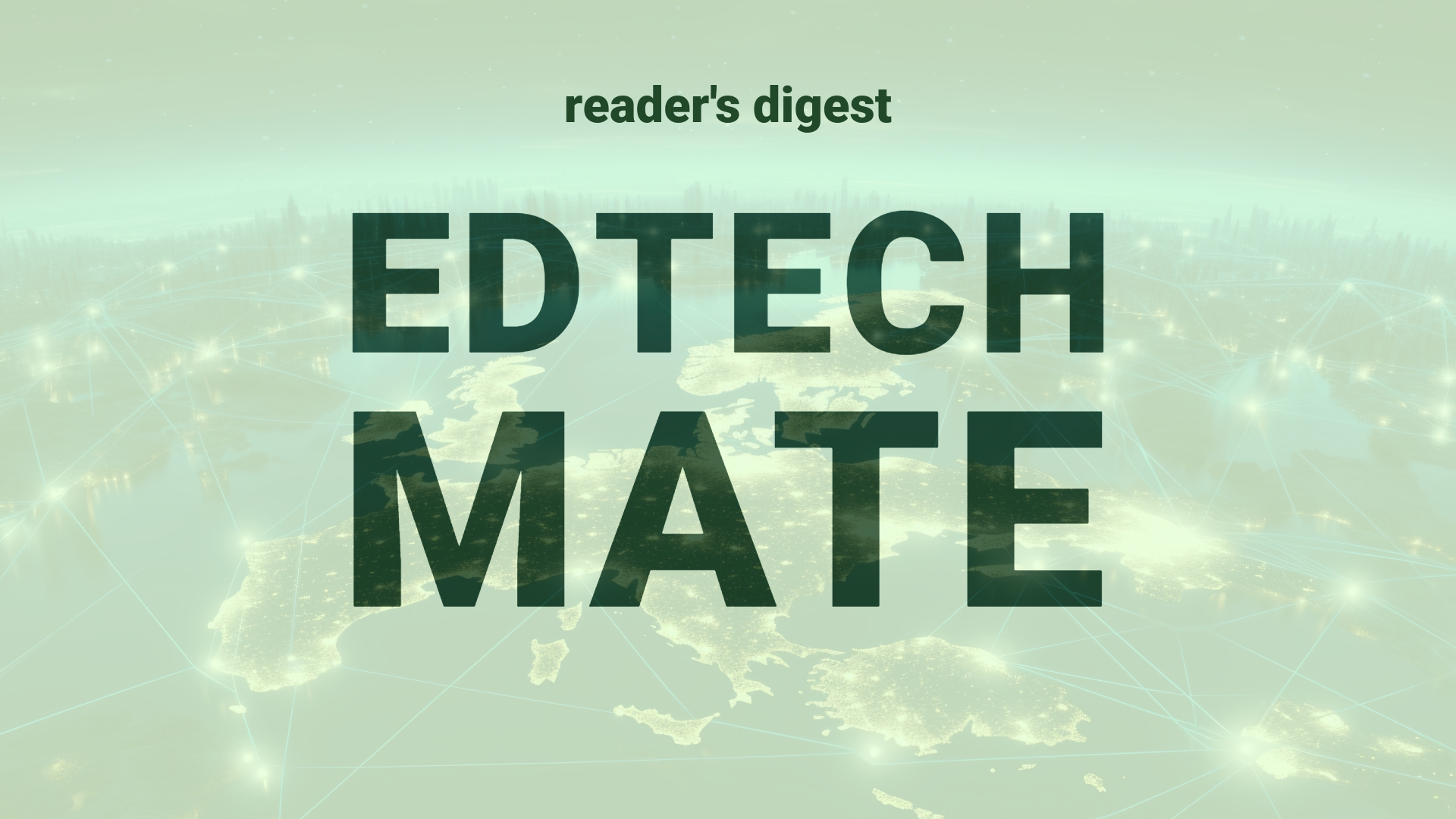Executive Summary and Main Points
The intersection of Generative AI (GenAI) and Business Intelligence (BI), termed GenBI, has the potential to revolutionize data analysis and decision-making processes within organizations while ensuring the protection of sensitive customer data. GenBI seeks to fulfill the promise made by earlier Self-Service BI (SSBI) tools, which aimed to democratize data insights beyond the realm of expert data scientists. It allows users to interact with data through natural language queries, producing dynamic, complex visualizations responsive to the needs of non-technical users. However, security concerns loom large with the use of large language models (LLMs), which underpin these tools and have been known to store and potentially compromise data. Companies like Amazon, Pyramid Analytics, and Tableau are addressing these concerns by creating solutions that isolate the LLMs from sensitive data, ensuring data privacy and mitigating security risks.
Potential Impact in the Education Sector
GenBI can tremendously influence Further Education and Higher Education by equipping institutions with powerful tools to analyze complex educational data and student trends. These insights can drive strategic decisions on curriculum design, student retention efforts, and personalized learning paths. Additionally, as institutions increasingly offer Micro-credentials, GenBI can assist in analyzing the success and market alignment of these programs. The integration of GenBI will also foster strategic partnerships between educational institutions and technology providers to deliver more sophisticated, secure, and tailored educational experiences, all while prioritizing data privacy in an environment increasingly reliant on digitalization.
Potential Applicability in the Education Sector
Innovative applications of GenBI in the education sector might include natural language processing tools for students and educators to explore educational databases and research repositories intuitively. AI-generated insights could inform the development of adaptive learning platforms, tailoring educational content to individual student needs and learning velocities based on data-driven approaches. Furthermore, these tools could facilitate global collaboration by curating cross-institutional datasets, enabling comparative educational studies and initiatives.
Criticism and Potential Shortfalls
Despite its potential, GenBI is not without criticism. Ethical considerations arise regarding the use of student data, the potential for algorithmic bias, and the cultural implications of applying a one-size-fits-all AI solution in diverse educational contexts. Moreover, reliance on GenBI could lead to overlooking nuanced qualitative insights that quantitative data might miss. Real-world examples, such as when institutions have blindly followed data-driven recommendations, underscore the importance of combining GenBI insights with expert human judgment. Comparative international case studies also reveal that educational systems that account for different cultural and ethical perspectives when implementing AI are more sensitive to the needs of their varied stakeholders.
Actionable Recommendations
To maximize GenBI’s benefits while mitigating risks, educational leaders should consider the following actionable recommendations: developing robust data governance policies that consider the ethical and privacy implications of GenAI; incorporating a hybrid model combining AI insights with human expertise to ensure context-sensitive decision-making; and establishing strategic partnerships with technology providers who are committed to transparency in data handling and AI model training. It is also crucial to promote digital literacy across the institution, ensuring that all users – from administrators to students – are equipped to interact with GenBI tools meaningfully and responsibly.
Source article: https://www.cio.com/article/2148079/how-can-cios-safely-unleash-generative-ai-on-their-companys-data.html

